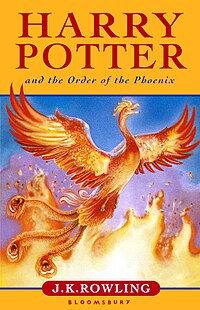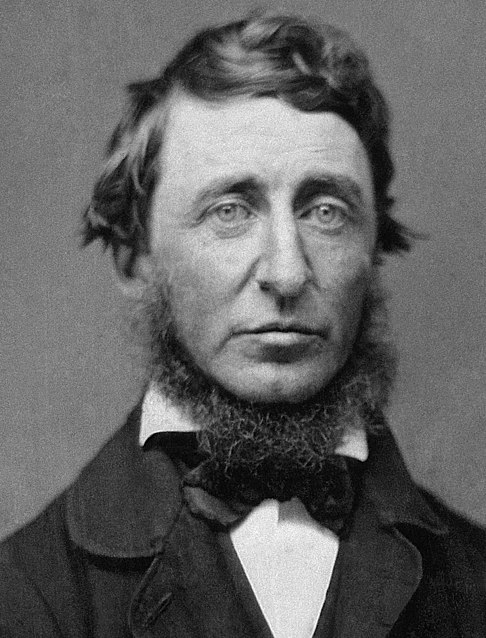JK Rowling wins permission to build £250,000 Hogwarts-style tree houses
Except ... is this big news? Is this news at all?
 |
| What do you think, eh? |
Saw this exchange on Twitter the other day between two book people, and thought it summed up a lot of things nicely:
@kimkardashian has nearly 16 million followers. I know her name, but have NO idea what she is. Is she a singer? Movie star? I have no idea.
I don't quite know either. She happened after I left the U.S. and I still think she might some elaborate prank.
A prank would be nice. The reality's far scarier.
So, to authors and their worlds. We all know that gone are the days of being able to write a book and have it be judged on its worth alone. Authors are brands, now. We interact like never before (a good thing) and, if you make it big, your life becomes a legitimate target for the press (a bad thing). Photos of authors on holiday get published. Kiss-and-tell stories drag attention away from the work and into the personal lives of writers. Money - who has it, and who doesn't - is no longer an individual's own matter, but a matter of public debate.
Good and bad, good and bad. Yes, it's great to see writers and authors get the attention equal to popstars. I think it says a lot about our countries that children's authors appear in the news, smile out from magazine covers and appear on Oprah and no one bats an eyelid. That's a win right there. And I'm not so naive to argue that because they're making art they're somehow above all that.
Still ... tree houses?
J.K. Rowling took the press as much by surprise as she did the book world. That success - unrivaled, unprecedented and completely unplanned - made her the first real star of the digital age, as far as books are concerned. Dickens may have been mobbed and beloved by crowds, but he never had sue to stop pictures of him on the beach being published.
Yes, writers are interesting people. They tend to be clever and pretty smart, and they certainly know how to create drama - after all, that's what they do for a living. And fans of the books want to know about the person behind them. All fine and good. But isn't there a line?
I just worry that the cultural shift has moved from 'but is it art?' to 'but is it news?'
Neil Gaiman lives perhaps one of the most open lives of any big name writer alive. Through Twitter, Tumblr, his blog and his general approach to fans, he shares much, from emotions to new projects, and is rewarded by a loyal and passionate crowd of supporters. That's his choice, and it's a brilliant one.
But where will the line be? If a writer build a new house, do we need to know? Do we care? If a writer gets drunk and gets in a fight, do we care? It doesn't change their work.
To be published, and to ask people to pay to read what you wrote, is on one level an act of extreme pride and arrogance. It's understandable that with that comes the acceptance that your life has to be more open and under scrutiny. Fame and fortune comes with a caveat, and in our culture it's one tied to the press.
Would it be better if writers just ... wrote? If they interacted as they pleased, but didn't get treated like fair game?
Or, at least, the world at large didn't need to know about their tree houses.
Even if, to be honest, this one looks freakin' sweet.







